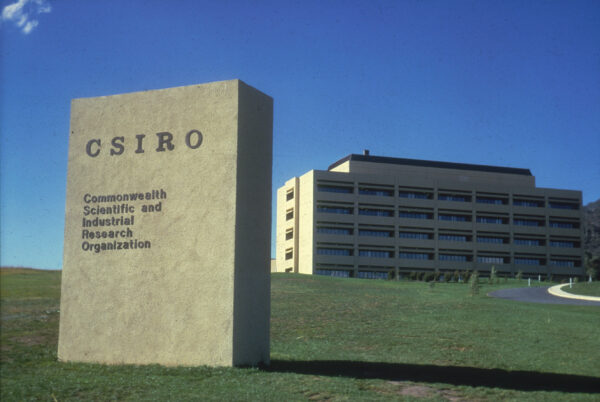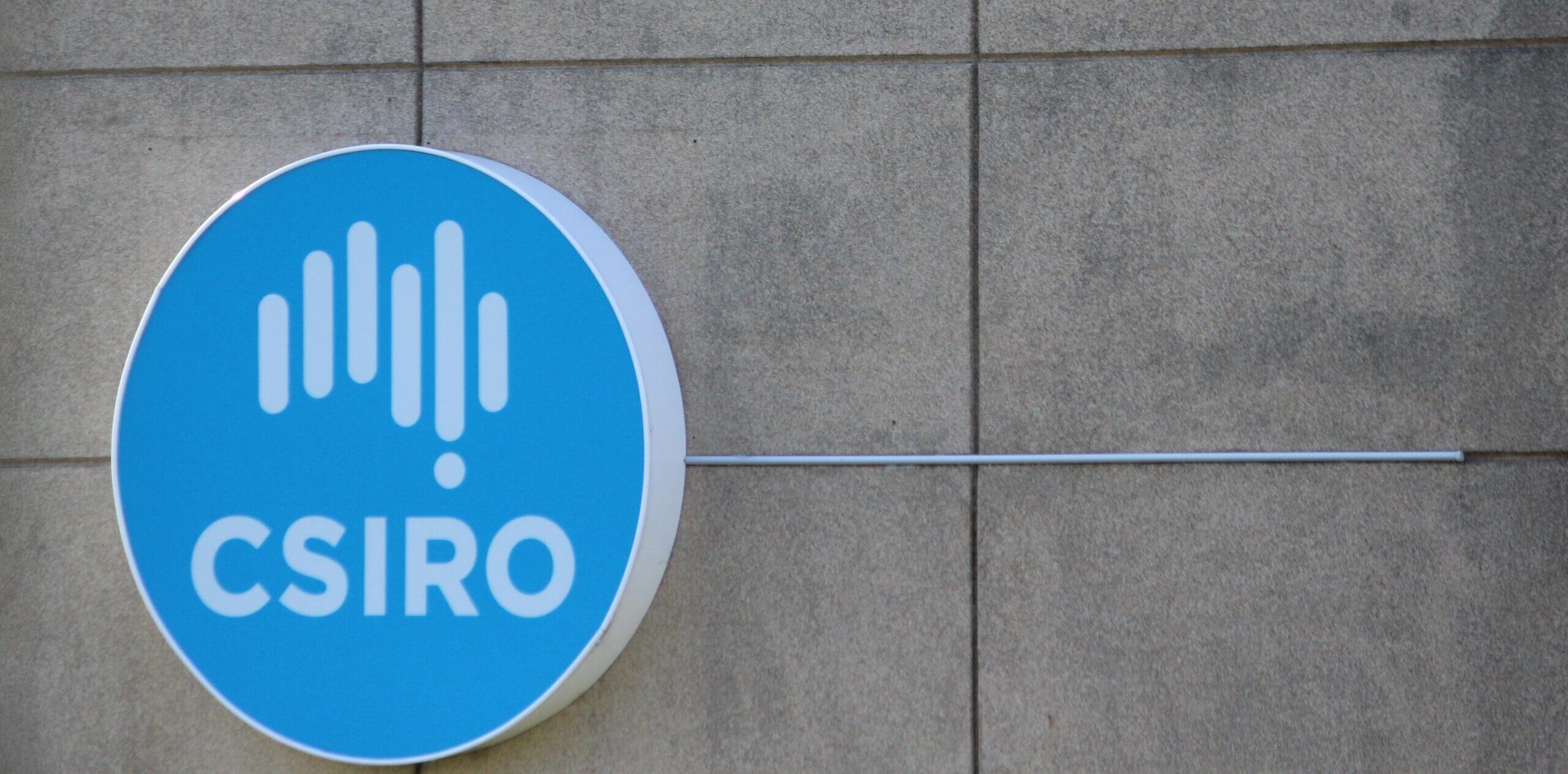The CSIRO is to cut 350 research jobs amid a new, more strategic, focus that takes in critical minerals and iron and steel production.
The move has been condemned by the staff union and defended by Prime Minister Anthony Albanese and Industry Minister Tim Ayres.
CSIRO chief executive Dr Doug Hilton says they have reached a “critical point” as the agency balances the cuts with the need to find up an extra $1.35 billion over the next 10 years ($135 million per annum) to maintain and upgrade equipment.
The change in direction comes after Australia announced a critical minerals supply deal with the US that will attract American investment.
“We must set up CSIRO for the decades ahead with a sharpened research focus that capitalises on our unique strengths, allows us to concentrate on the profound challenges we face as a nation and deliver solutions at scale,” he says.
The CSIRO just finished an 18-month review of its research portfolio to identify areas to focus on. These include:
- Support a change to clean, affordable energy (using critical minerals).
- Focus on climate change adaptation and resilience.
- Develop advanced technologies (including AI, quantum, sensing, robotics and manufacturing) for Australian industries.
- Develop new farming technology.
- Ease or eliminate biosecurity threats to Australia.
- Apply disruptive science and engineering to ‘solve unanswered questions’.
The CSIRO says other research activities “will need to be deprioritised” including allowing universities to pick up their work in under-resourced areas.
“These are difficult but necessary changes to safeguard our national science agency so we can continue solving the challenges that matter,” Dr Hilton says.
CSIRO UNION REACTS
The CSIRO Staff Association says the cuts are worse than ones made under the previous Tony Abbott federal government.
“This is a very sad day for publicly funded science in this country; the Albanese Government is just sitting back and watching it happen,” association section secretary Susan Tonks says in a statement.
“They are now responsible for cuts to public science that exceed the Abbott Government – cuts that current Labor MPs rightly slammed at the time.”
The association says 818 research and science support roles have already been cut over the last 18 months: more than 400 science support roles, 120 jobs in the CSIRO’s digital and data arm (Data61); 30 staff gone from the Agriculture and Food Research Unit and 43 staff gone from Health and Biosecurity.
“These are some the worst cuts the CSIRO has ever seen, and they’re coming at a time when we should be investing in and building up public science,” Tonks says.
“Our scientists are protecting crops from disease, building national resilience in the face of a changing climate, strengthening our defences against biosecurity risks, and driving innovation in health and technology.
“We don’t need a crystal ball to know these cuts will hurt – they’ll hurt families, farmers and our future,” she says.
“The Albanese Government needs to fix this mess by committing to urgent funding that halts the cuts and secures the future of CSIRO’s world-leading science and research.”

GOVT REACTS
In WA recently, Albanese pointed to a $13 billion critical mineral deal signed with the US and the need for technology to develop a pipeline of projects.
“The Critical Minerals Framework that I signed with US President Donald Trump in Washington DC, will see us break new ground together,” he says.
“The agreement will see more investment in Australia and provide critical minerals required for defence and other advanced technologies to the US and to our strategic partners.
“It represents a significant new chapter in our engagement with the US.”
He also rejected the accusation that the latest cuts were worse than Abbott’s.
“Tony Abbott gutted the CSIRO, didn’t support scientific research,” Albanese says.
“We are supporting scientific research. What we’re making sure is that the funding is going in the right directions.”
Ayres told journalists in Perth that the CSIRO needs to adopt a fit-for-purpose model with its research.
“There’s going to be a process … as the CSIRO focuses on making sure that all of its effort is directed towards research priorities; that includes (a) focus on critical minerals, iron and steel production.”
Ayres says the CSIRO will pull back in areas like nutrition which can be done privately although disease control should not be affected.






